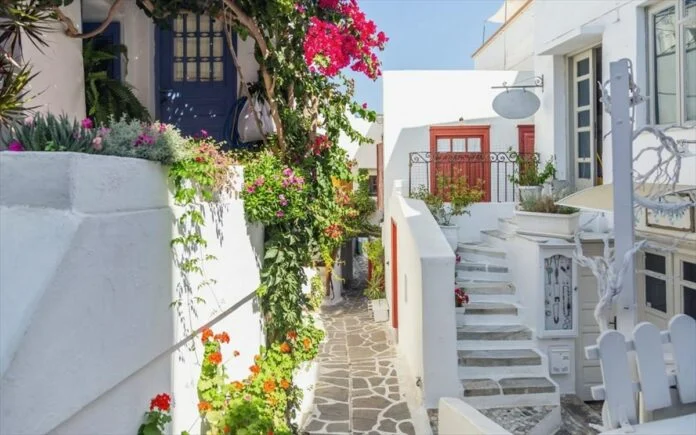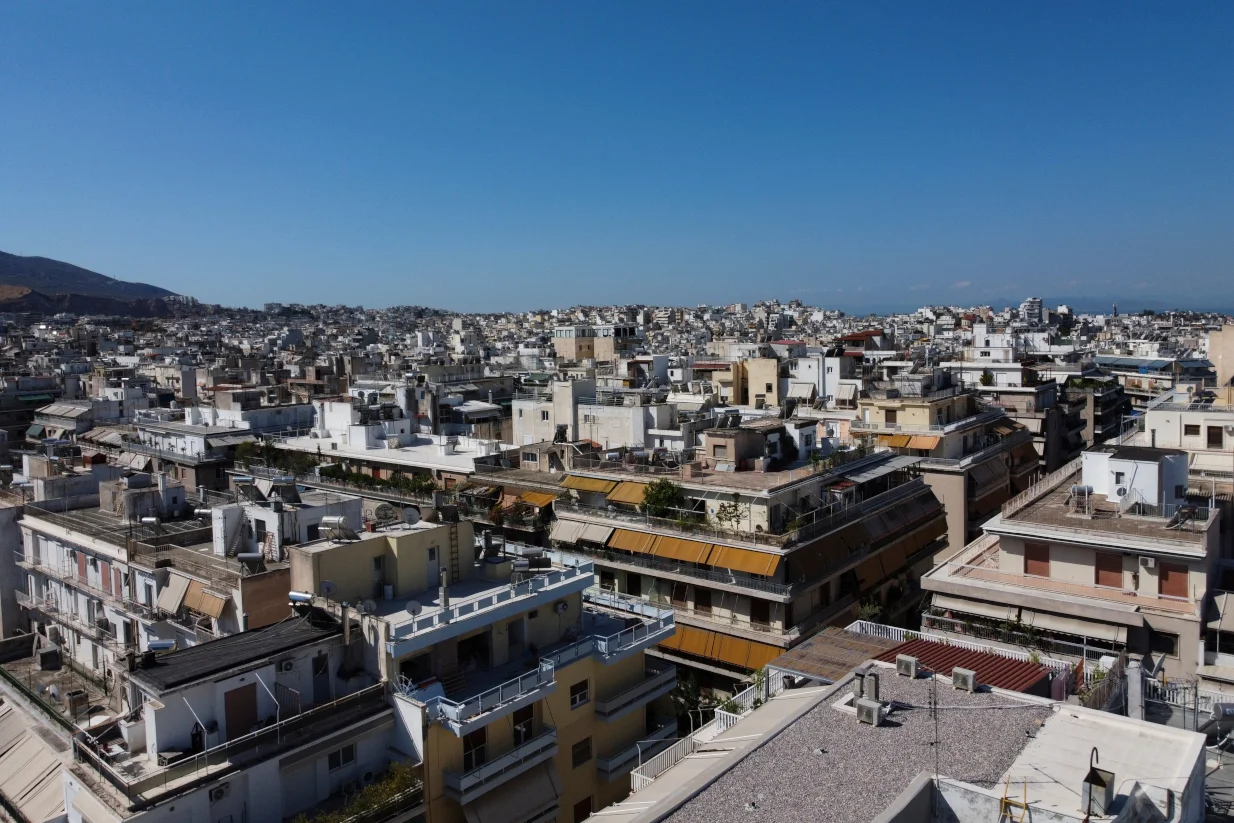In the summer of 1912, a small island in the eastern Aegean made a bold move that few people know about today. Tired of centuries of foreign rule and neglected by the Greek state, the residents of Ikaria rose up—not only to throw off the Ottoman yoke but also to declare their own independent state. For four brief yet remarkable months, they created their own government, established borders, adopted national symbols—and perhaps most impressively, they invented their own calendar.
On July 17, 1912, Ikarians declared the formation of the Free State of Ikaria. After capturing the local Ottoman outposts and raising their own flag, they didn’t wait for assistance from Athens. Instead, they organized themselves independently—with their own constitution, institutions, and civil services—all with the goal of one day uniting with Greece. But until that day came, they lived as a fully autonomous republic.
And to prove their independence, they began counting time differently. For the people of Ikaria, 1912 became “Year 1 of Ikarian Freedom.”
This calendar wasn’t just symbolic—it was a bold and deliberate statement of self-determination. It was the ticking clock of a small republic that followed its own rhythm—no kings, no sultans, no governors. Just the will of the people, who didn’t wait for permission to be free. They seized it—and they marked it in their own time.
They built military outposts, organized a judicial system, and even issued their own stamps—though plans for their own currency never materialized due to logistical challenges. Still, the calendar stood. Events were recorded not by the Gregorian year, but by their own reckoning of freedom—not from a monarch or religious event, but from the exact moment they took control of their own fate.
The Free State of Ikaria lasted until November 4, 1912, when a Greek warship arrived, and the island was officially united with the Greek state. At that point, the unique calendar faded into history. But its existence—even briefly—speaks volumes about the independent spirit of the Ikarian people. It wasn’t a whim or a romantic gesture. It was a radical act of self-governance at a time when even the most basic rights had to be fought for.
Today, Ikaria is known for its famously relaxed approach to time—and for the extraordinary longevity of its residents. But perhaps that timelessness has deeper roots, going back to that summer of 1912, when for just a few months, the island chose to measure time in its own way. A people who created their own calendar—because they refused to live by anyone else's.









